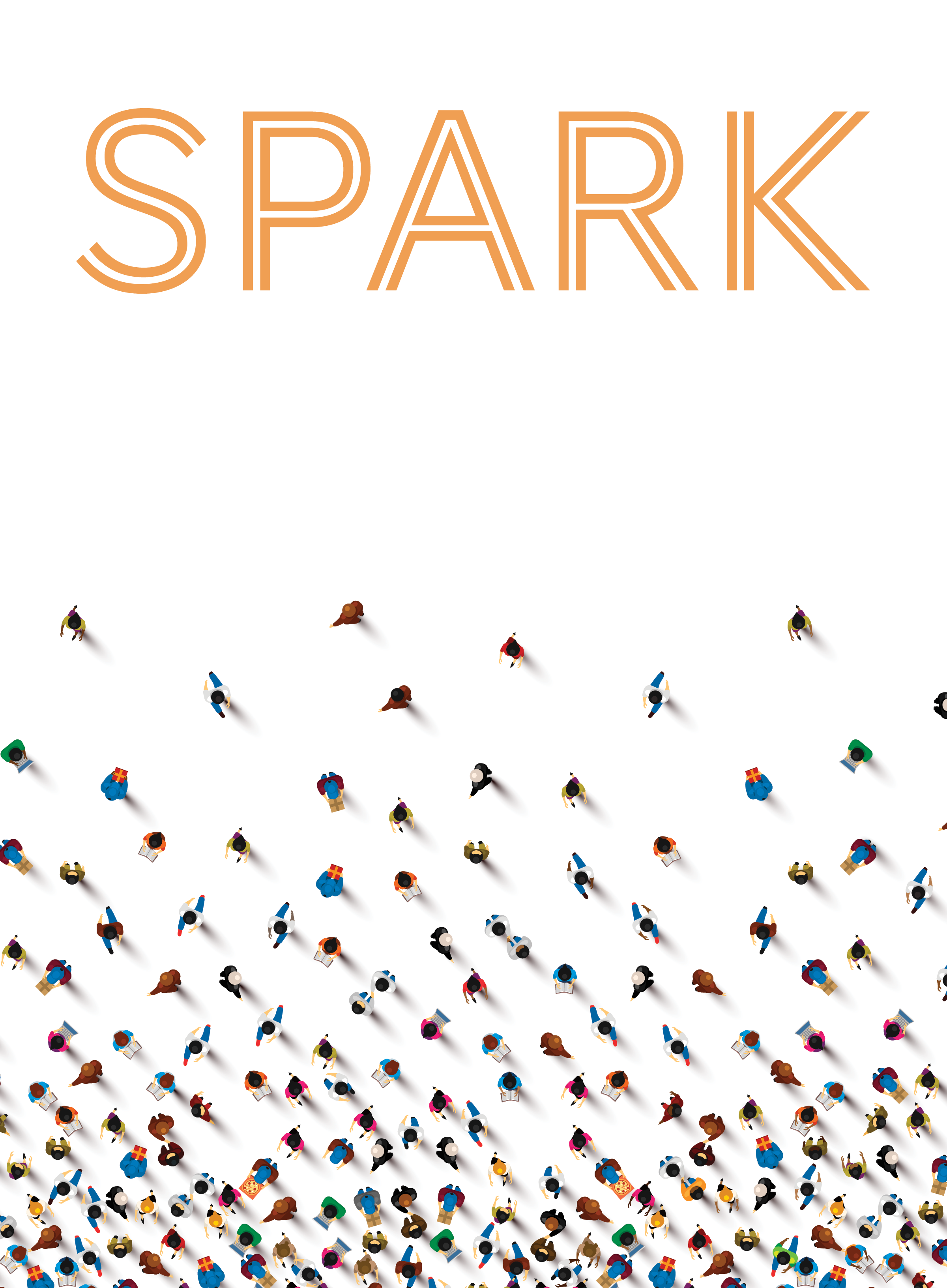The science of us vs. them

Whether it’s on Twitter or at Thanksgiving dinner, Americans are finding themselves increasingly divided about politics and identity. But why? A number of scientific studies and theories can shed light onto why we gravitate toward an us vs. them mindset – and why abandoning that mindset might benefit us all.
The brain likes to sort
From birth, the brain is wired to sort. In the human brain, the amygdala responds to things that pose a danger and the mesolimbic system provides feelings of reward. Both play a key role in survival – the amygdala helped warn us about predators while the mesolimbic system reinforced our drive to eat and trust. Some social scientists think this predisposes people to sort others into “us” or “them” categories.
Be like the bees
 It’s important to remember: the things that may explain some of our behaviors don’t define our destiny. In his book The Righteous Mind: Why Good People are Divided by Politics and Religion, social psychologist Jonathan Haidt argues that human nature is 90 percent chimp and 10 percent bee. Part chimp in that our brains have long been hardwired for competition when it comes to survival, and part bee in that humans are also ultrasocial creatures who can transcend individualism to work as a hive toward the common good.
It’s important to remember: the things that may explain some of our behaviors don’t define our destiny. In his book The Righteous Mind: Why Good People are Divided by Politics and Religion, social psychologist Jonathan Haidt argues that human nature is 90 percent chimp and 10 percent bee. Part chimp in that our brains have long been hardwired for competition when it comes to survival, and part bee in that humans are also ultrasocial creatures who can transcend individualism to work as a hive toward the common good.
A few hivemind accomplishments include:
- Cracking the World War II enigma code
- The Olympics
- Wikipedia
- The Apollo 11 moon landing
Diversity drives innovation
In a study of more than 1,700 companies across eight countries, the Harvard Business Review and the Technical University of Munich published findings that differences actually drive productivity and innovation. This 2018 survey found a direct correlation between diversity – measured by differences in gender, age, national origin, career paths, industry background and education – and higher revenues. Other research has found similar outcomes with diversity and productivity or problem-solving. In other words, working with people different than you comes with a variety of benefits.
“It is not our differences that divide us. It is our inability to recognize, accept and celebrate those differences.” – Audre Lorde, writer and civil rights activist
Never stop learning
Explore these topics and more with The Great Courses, available free with your Anythink card.
“Anthropology and the Study of Humanity” with Scott M. Lacy, Ph.D.
Gain a comprehensive understanding of humanity’s development through biology, archaeology, language and culture.
“Your Best Brain” with John Medina, Ph.D.
Probe the origins of consciousness and intelligence, and learn scientifically proven methods to improve your memory, boost your creativity and keep your
mind sharp.
Sources: Scientific American, The Righteous Mind by Jonathan Haidt, Harvard Business, National Geographic
Send your questions or feedback to ithink@anythinklibraries.org or comment below.

